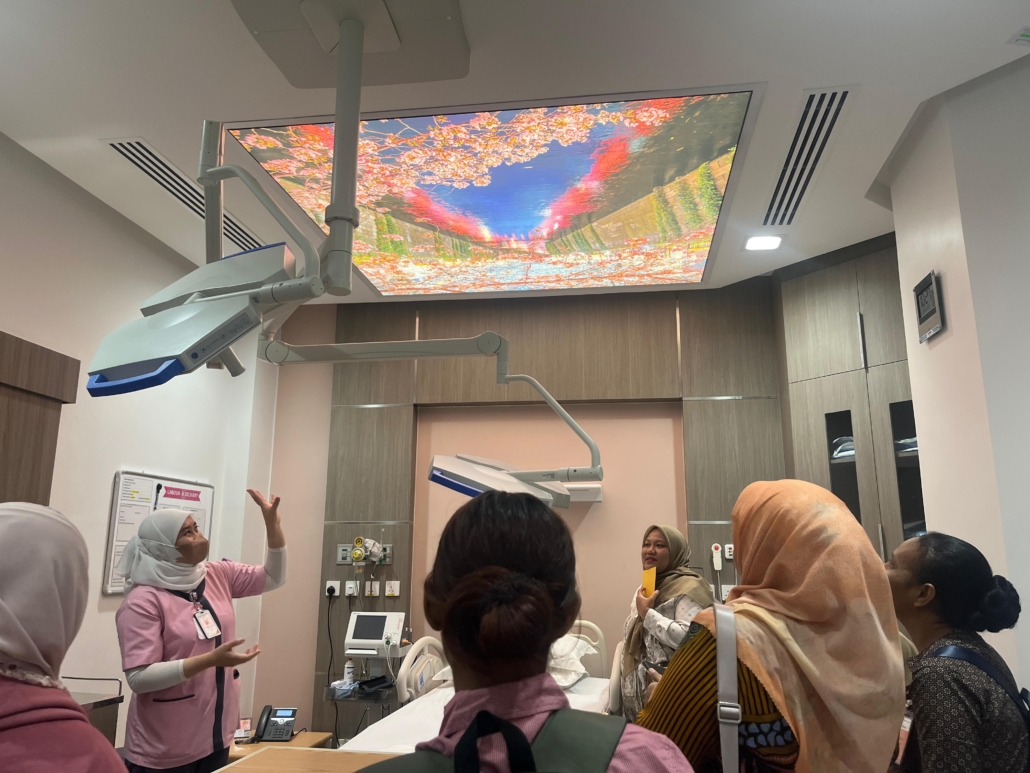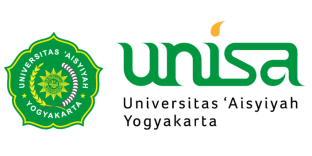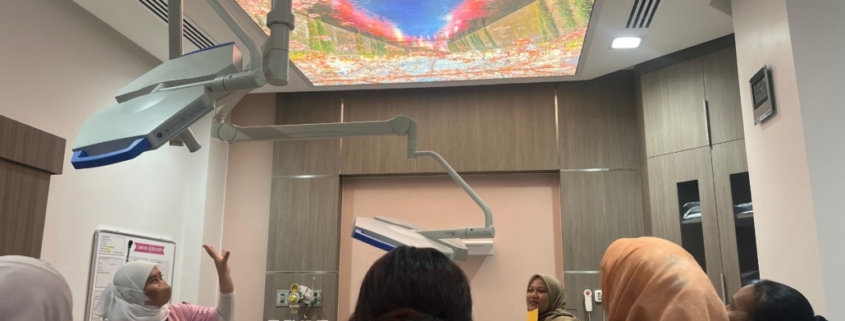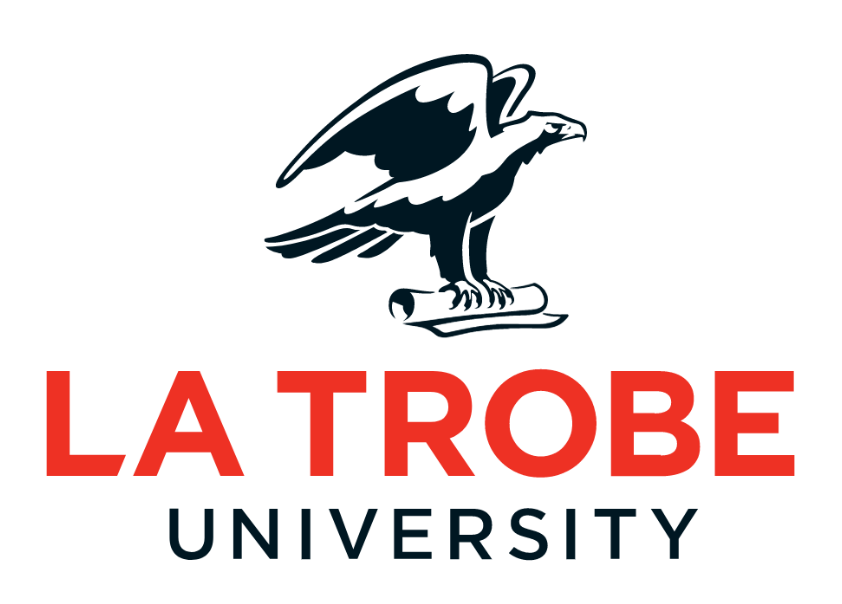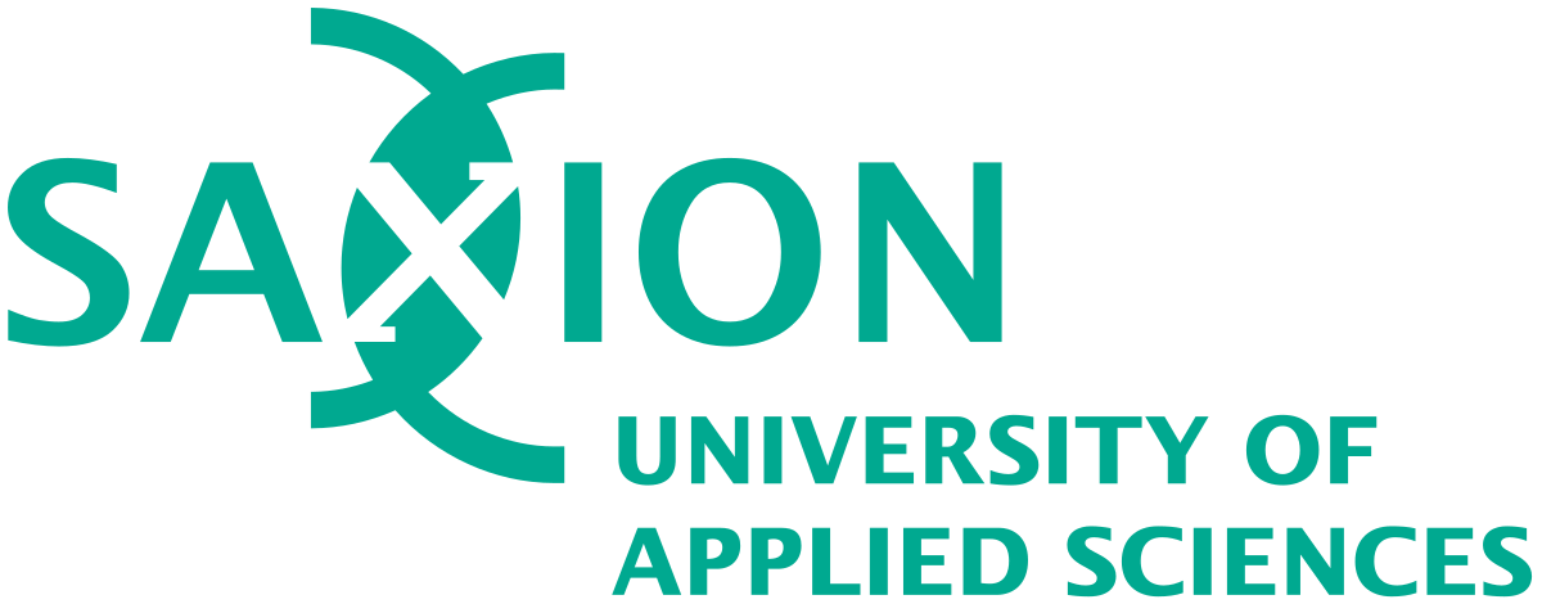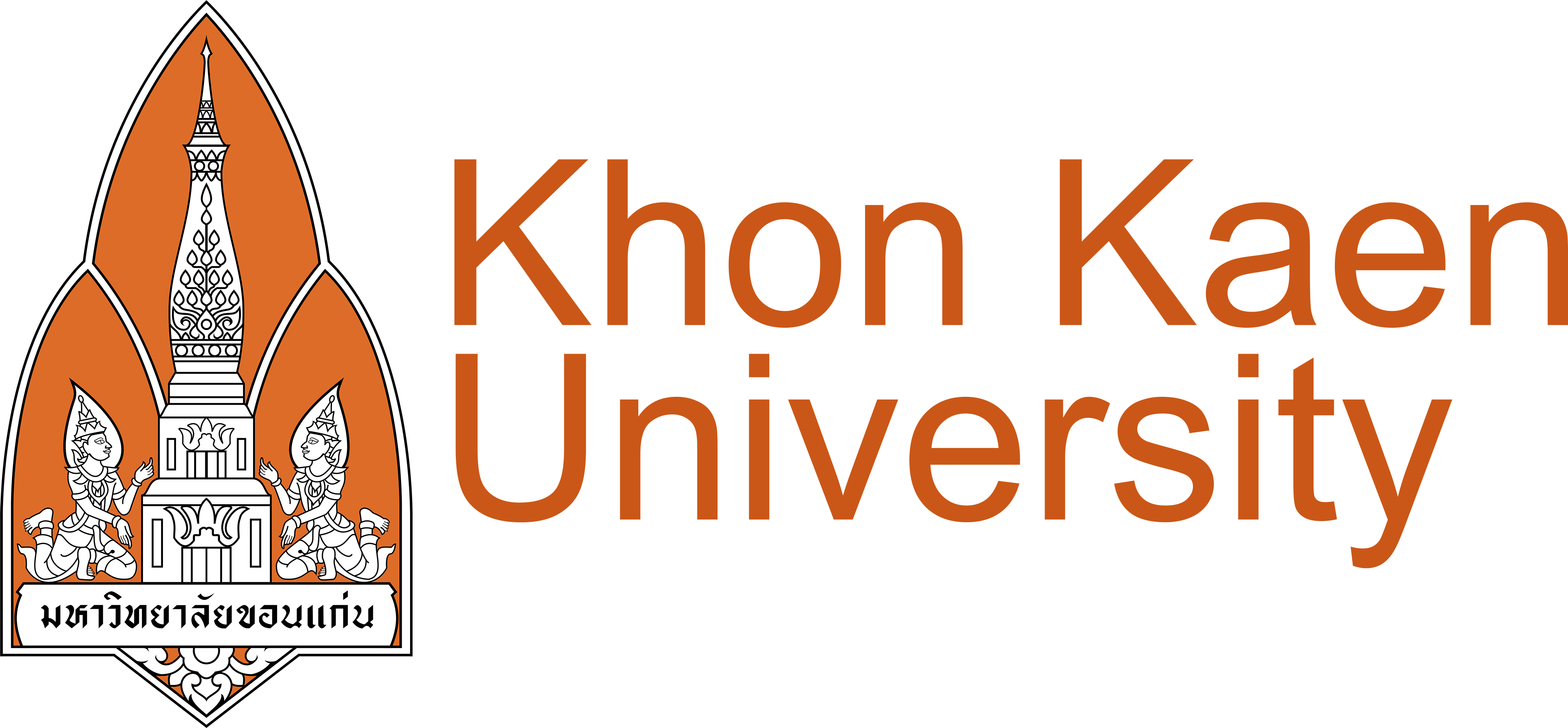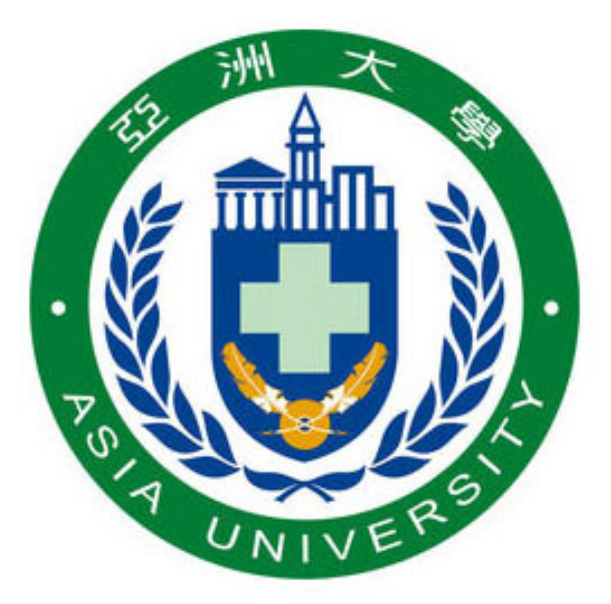Innovation In Maternity Services In Brunei Is a Learning Point For Unisa Yogyakarta’s Midwifery Masters Students
Master of Midwifery students from Universitas ‘Aisyiyah (Unisa) Yogyakarta visited several health facilities in Brunei Darussalam in the International Practice Project program. This visit aims to understand the maternal and infant health care system in the country.
The implementation of this program was accompanied by two lecturers from Unisa Yogyakarta, Prof. Dr. Mufdlilah, M.Sc and Dr. Askuri, M.Si. With the motto “Healthy Together with Mothers and Babies, ” as part of its ongoing commitment to maternal and infant health, Brunei Darussalam is expanding its free maternity services by providing breast pumps and pampers for one year to every baby born in government hospitals. Each mother will receive a free breast pump, breastfeeding cover, as well as free pampers for one year for her baby.
Free Delivery Services at Government Hospitals
One of the interesting findings during the visit was the free delivery policy implemented in Brunei Darussalam’s government hospitals. Every mother who gives birth receives free health services, including prenatal care, delivery, and postpartum care.
In addition, the facilities also include free breast pumps for breastfeeding mothers and a year’s supply of free pacifiers for newborns. This policy aims to ensure that every baby receives optimal nutrition and helps ease the financial burden on new families.
The provision of free pacifiers for one year after delivery in Brunei Darussalam aims to ease the financial burden on new families, especially in meeting the basic needs of babies which can be very expensive. The policy also supports the baby’s health by ensuring proper hygiene and care, and helps mothers focus on exclusive breastfeeding without being burdened by the cost of supplies. In addition, the provision of this regulation reflects the Brunei government’s commitment to improving the well-being of mothers and children, as well as the quality of life of new families in a holistic manner.
Condition of the Health System in Indonesia
Students received information that the health care system in Brunei Darussalam has an advantage in terms of wider coverage of free services. Some services are comparable to BPJS services in Indonesia, although the cost of delivery is covered by BPJS Health, mothers still need to cover some additional costs, including baby supplies and breastfeeding needs. Some regions may have additional assistance programs, but there is no national policy that guarantees facilities such as breast pumps and pacifiers are free for all mothers and babies. In addition, the health system in Brunei has a smaller population and greater resources per capita than Indonesia, which allows for a more comprehensive healthcare policy.
“We are very impressed with the Brunei government’s commitment in providing maternal and infant health services. This can be a reference for the health system in Indonesia in improving the welfare of mothers and children in terms of promotion and attention to postnatal visits as well as attention to growth and development with promotional efforts through media promotion tools starting at early age playgroups, kindergarten elementary and secondary schools, “said Unisa Yogyakarta Midwifery Masters Students, Sesaria Lukman and Neneng Haerotunnisa, in a statement Wednesday (5/2/2025).
Improving Student Insights and Competencies
Prof. Dr. Mufdlilah, M.Sc said the International Practice Project Program not only broadens students’ insights about the health system in the international arena, but also provides inspiration to improve midwifery services in Indonesia. “Hopefully, this experience can be a provision for students in developing better midwifery policies and practices in the future and students understand the services implemented internationally in preparation for graduates to work at the international level,” said Prof. Dr. Mufdlilah, M.Sc.
With the International Practice Project program , Aisyiyah University Yogyakarta continues to strive to improve the quality of midwifery education by opening opportunities for students to learn from other countries’ health systems and preparing graduates to work abroad.
